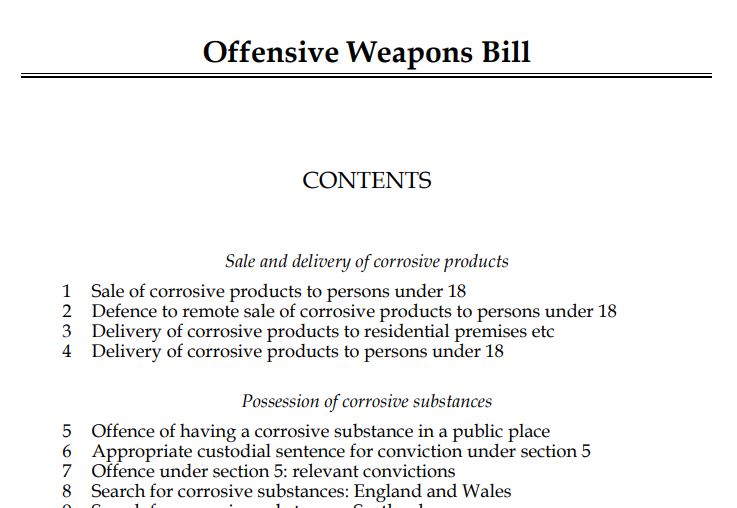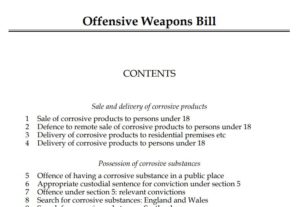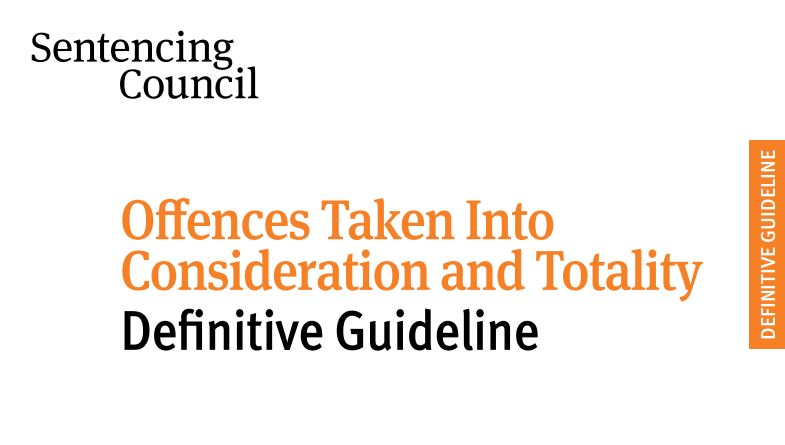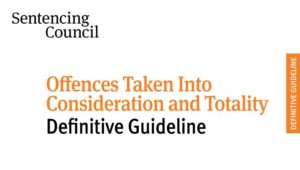Do I have a right to bail?
This article refers to the position relating to the right to bail for adults. The situation in relation to youths is different.
As an adult, the starting point is that you have a “right” to be granted bail. This right can only be taken away in certain circumstances. These circumstances are where the court has substantial grounds to believe that if you were granted bail you would:
- Fail to surrender;
- Commit further offences on bail; or
- Interfere with witnesses
In some rare instances bail can be denied for a defendant’s own protection or welfare.
What if I am already on bail?
If you are charged with an offence alleged to have been committed whilst on bail, then you do not have this automatic right to bail.
In that case you do not have to be granted bail, but you can still be if you persuade the court that you will not fail to surrender, commit further offences or interfere with witnesses.
If you appear in court following a failure to surrender at an earlier hearing you also lose the automatic right to bail.
Does it matter if I am a drug user?
If you have tested positive for class A drugs and refuse to co-operate with treatment you may not be granted bail unless the court is satisfied that there is no significant risk of an offence being committed whilst on bail.
Will I have conditions on my bail?
The court can grant bail unconditionally or they can impose bail conditions if they are satisfied that those conditions are necessary to address any risk that you would fail to surrender, commit further offences or interfere with witnesses. Any conditions imposed have to be both necessary and proportionate.
Examples of bail conditions that are often imposed are:
- curfew
- residence
- not to contact named witnesses
- not to go to a specific area
- reporting to the police station
You or a person on your behalf could also agree to pay money into the court which would be forfeited if you subsequently failed to attend court.
What if the offence isn’t serious?
You should be granted bail if there is no real likelihood of a prison sentence if you plead guilty or are convicted. As always there are exceptions to the rule. You may still find yourself in custody if the court is satisfied there are substantial grounds for believing that you would:
Commit an offence while on bail by engaging in conduct that would, or would be likely to cause-
- physical or mental injury to an associated person; or
- an associated person to fear physical or mental injury.
Commit further offences if the offence was committed whilst on bail;
Fail to surrender, if you have previous convictions for this;
If you have been arrested for breach of bail for this offence and there is a fear of failure to surrender, further offences or interference with witnesses.
Non-imprisonable offences and bail
If you are charged with a non-imprisonable offence you can only be denied bail if you have previously failed to surrender and there is a belief you would do so again or following a breach of bail.
Are there any other reasons I could be kept in custody?
You can also be kept in custody for your own protection or if you are already a serving prisoner. Also, if there is insufficient information to decide about bail you can be kept in custody for the purposes of obtaining that information.
The magistrates do not have the power to grant bail for anyone charged with murder or treason. For an offence of manslaughter, rape or a serious sexual offence where there is a previous conviction for one of these offences you can only be granted bail if there are exceptional reasons to justify it.
Contact a criminal law specialist to discuss bail
This article is intended to be an overview of the law and does not cover all potential issues that can arise. Neither does it discuss the best way to present an application for bail, nor the information that may need to be gathered to ensure your best bail application is made to the court.
To be able to put forward the strongest argument for bail you should be represented by an experienced solicitor. We will be pleased to accept your instructions. The contact details for your nearest office can be found here.

Alternatively please you the contact form below.










